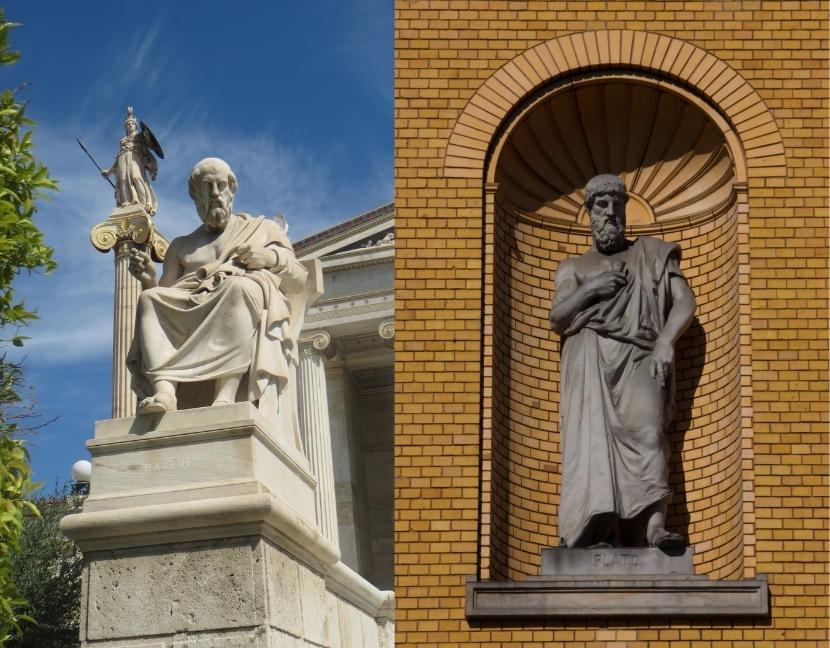4.1.3 Organic Theory of Society and the State
Tyler Chamberlain
Politicians and political theorists often use terms like “body politic” or “social body.” Classical conservatives take this idea very seriously and think of the state as being like a living organism. A political society can be healthy or sick, just like a living organism, and the preservation of social health is of the utmost importance to conservatives. That is why it is so important that relationships – even when unequal – remain legitimate. People must feel a natural allegiance to their community; a political system upheld by power or coercion alone is unhealthy and cannot be expected to survive, let alone flourish.
This is another way of thinking about the need for the unequal distribution of rank and authority. Just like a physical body, the body politic requires many parts, each of which must perform its assigned function if the organism is to flourish. This was argued in great detail by the Greek philosopher Plato, who in the Republic compared the city to the human soul. The individual soul is made up of a thinking part, a desiring part, and a passionate or courageous part; in the just individual, the thinking part controls the desiring part with the help of the courageous part. Plato argued that the city can be thought of in the same way, being comprised of three classes – guardians, auxiliaries, and producers – corresponding to the parts of the soul. A just city, like a just individual, is one in which each class performs its proper function.

The organic conception of society also means that change must be gradual and incremental, not drastic and sudden. A radical change, or the introduction of completely new governing principles, is unlikely to be perceived as legitimate by the majority of citizens, which can have a detrimental effect on social cohesion and political stability. Political reform, while possible – and often desirable – must arise out of principles already at work in the society and its inherited traditions. Biological organisms do change, but they change slowly and in keeping with their inner principles – that is, their genetic structure. For the classical conservative, growth in this manner is the ideal model of social and political change.
Media Attributions
- Plato x2 © maraki_2311, & ONAR adapted by Tyler Chamberlain is licensed under a CC BY-SA (Attribution ShareAlike) license

